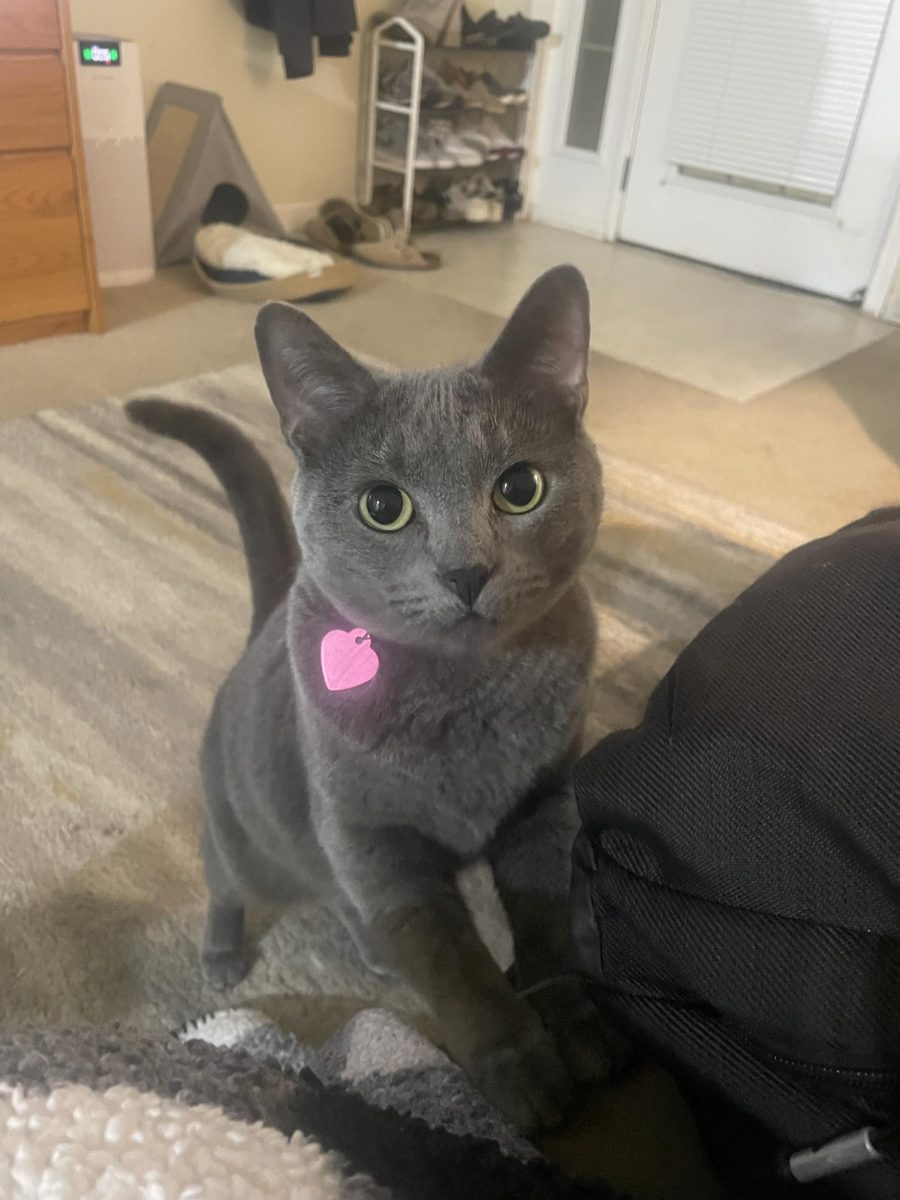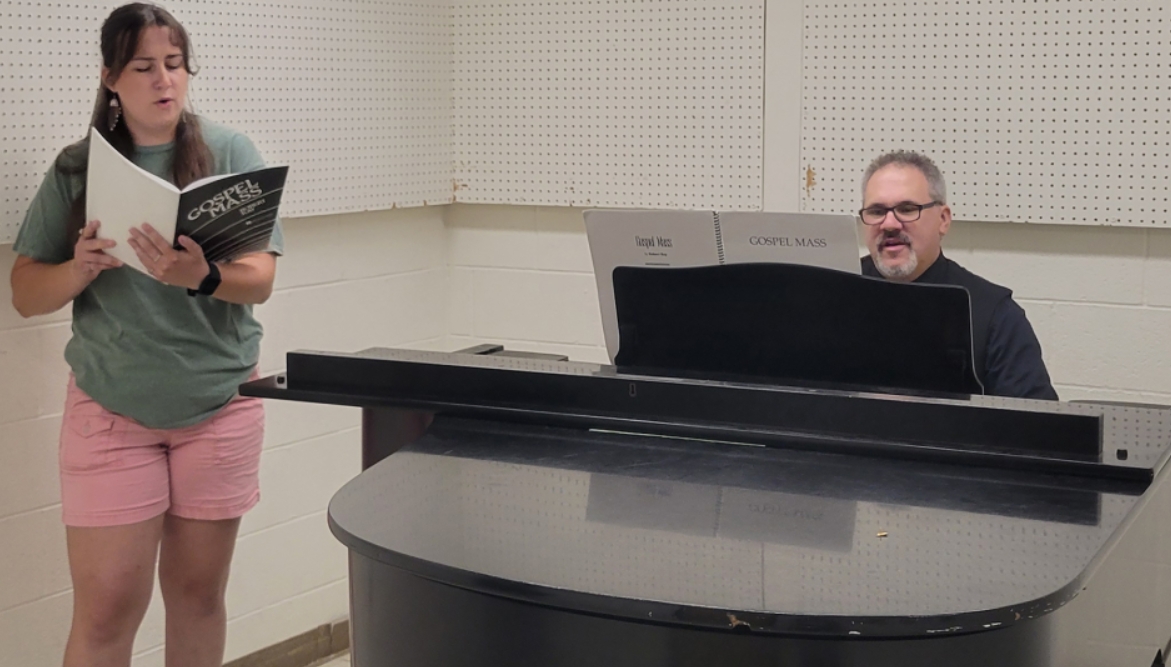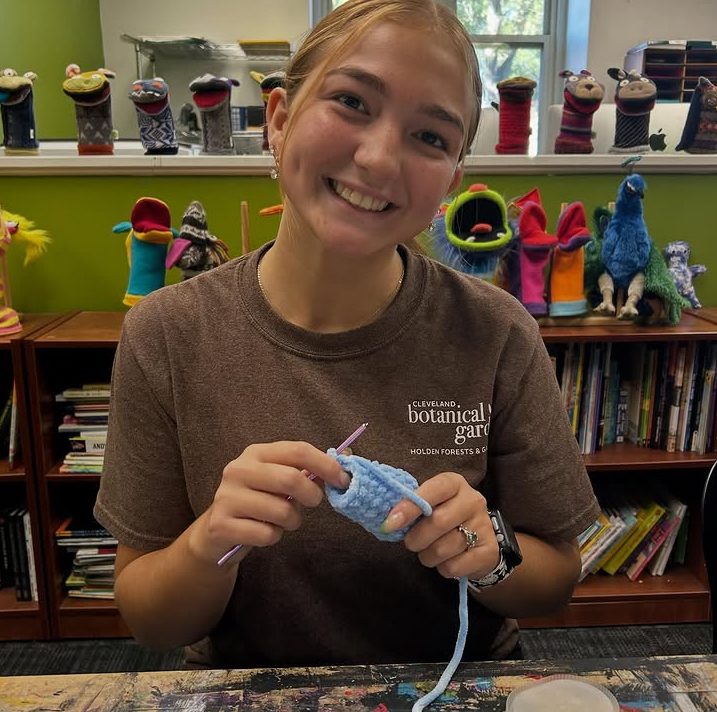EDITOR’S NOTE: This story contains mentions of and a photo of a snake.
WEST LIBERTY, WV – When walking back into my apartment, turning the rusting bronze key and sliding off my shoes in the growing pile next to the door; I am met with the purrs of my ESA, Willow. Even after a long day of reading, attending lectures, and trying to find a second to breathe, my stress is immediately washed away from my mind when seeing her roll around on the floor once out of her cage, lifting her head for scratches.
ESAs (or Emotional Support Animals) are animals that, in certain circumstances, are necessary for a person to have in order to enjoy University housing. ESAs can provide someone with emotional support, but they are not trained to do the same jobs as Service Animals, such as aiding an individual in a medical emergency and helping them execute everyday motor tasks.
There are policies in place at West Liberty to manage students with ESAs, and this 2025-2026 year, there have been changes to rules students have to follow when registering animals as ESAs on campus.
Stefon Napier, the Area Coordinator for the Housing Department, made a revamp of the ESA protocol when coming into the job by adding the veterinarian registration.
“The process is in place now because it helps to define the expectations,” Napier said. “What happens is that anyone that is interested in having an ESA, regardless of whether it’s a dog or a cat, they will need to take them to a licensed vet, and they would have to fill out that paperwork.”
To register an animal, a cat or dog, you must get the vaccinations listed in the veterinary form provided by either Napier or Sarah Fonner, the Housing Director.
There is a list of other rules that students are required to follow when having an ESA on campus. Some of these include: you must lock your animal up in a crate when you are not inside the room and you must have the animal on a leash or in travel bag when outside. This is not only for cats and dogs, but all animals.
With these rules, some could think that this would deter students from having an ESA. But, there are many reasons why these decisions were made.
While I sitting with Napier in his office, looking at the salt lamp next to the desktop and the carpeted floor that has been there longer than us both, he explained to me how important these regulations are to everyone at West Liberty, such as our Resident Assistants.
“We ask that animals be crated in the event of an emergency that housing staff or maintenance must enter your room for any reason. That way, we’re protected. Your animals protected,” Napier said. “One of the things we ask for on the veterinarian registration is temperament. We want someone who is experienced with animals to take gage of whether this animal’s temperament is appropriate for residence life or not.”
Victoria Vanmatre is a Resident Assistant, Grad Assistant, and owner of her cat ESA, Butters. She told me how she feels about these rules during health and safety.
“We will ask the animals to be crated when we go in for health and safeties. But, as the semester goes on, sometimes I don’t ask that if I know a resident that has an animal and I know the animal and everything,” Vanmatre said. “I’m more comfortable that way.”
Sage Cassata, a senior Zoo Science major and owner of her ball python ESA, Qwerty, spoke about some of the positives and negative she has experienced while having her ESA on campus.
“I think that he brings some routine and stability into my life taking care of him. It’s hard to be sad seeing his cute little face,” Cassata said. “The only negative is I have is that I have to make a trip to the Highlands once a week to feed him, but I do my other errands with that.”
The main thing to take away when having an ESA is knowing that you are not only taking of yourself, but another living thing. This can be hard at points with being a college student, as many of us are out of our dorms and are busy throughout the day.
“I would definitely say find time to go home and relax,” Vanmatre said. “So like, maybe instead of going out with friends in the evening, I might like either invite friends over or stay by myself just to have that companionship because she provides me a lot of relief.”
It is also very important to do research before making the decision to get an ESA. An example would be looking up the costs of nearest vet clinics to make sure you are always prepared in case of an emergency.
“Do your homework. Understand again, ESAs are not pets. Make sure you take care of it. You want to make sure you are making a comfortable environment in their room for the animal as well, because the animal has a life,” Napier said. “An ESA is ultimately
your responsibility, not your parent’s, so ask all the questions you want, it’s my job to help you feel as secure as possible and knowing that you did the right things that you need to do.”
For more information about ESAs, go to the West Liberty University website or email Stefon Napier at [email protected].
And if you have an ESA, make sure to give them love.









